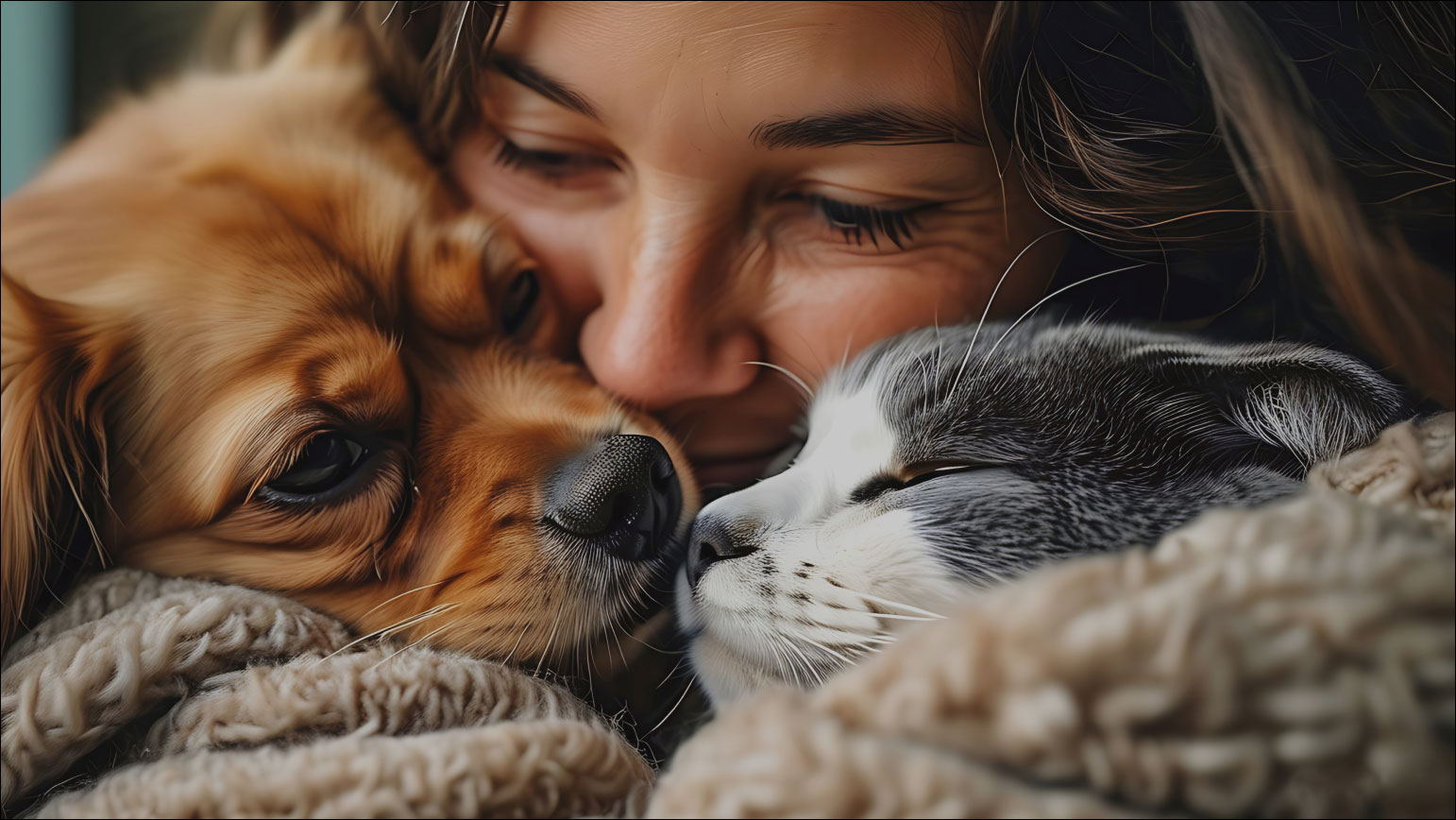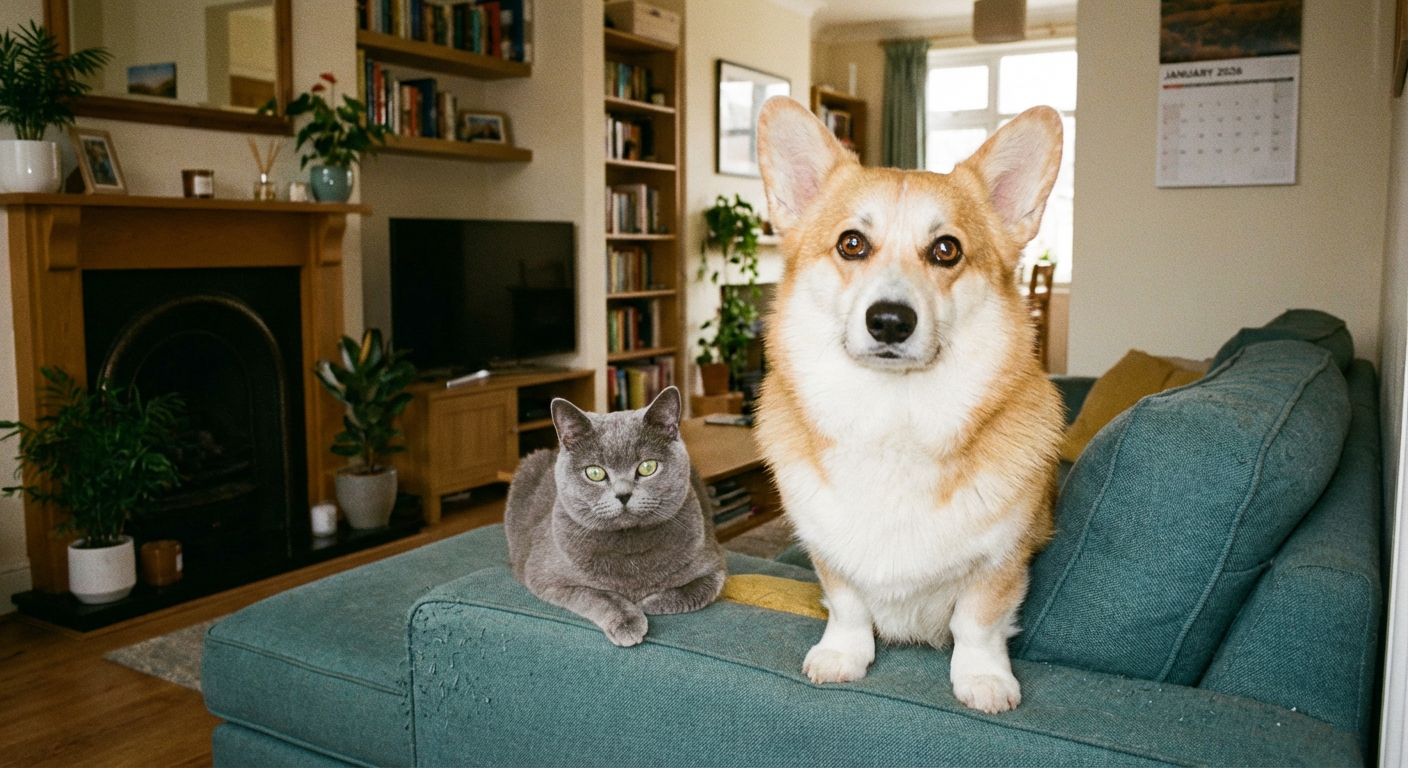The best person to recognise when something is wrong with your cat is you, the cat owner. However, sometimes it is hard to detect subtle changes at home as cats are very good at hiding illness.
It is important for your vet to check your cat at least once a year in order to catch any potential health problems. Annual check-ups are usually carried out at the time of the yearly vaccinations, and it gives the vet the opportunity to discuss any changes that you may or may not have noticed in your cat.
Routine check-ups tend to focus on the ‘prevention’ aspect and the sooner something is treated the better. These check-ups also help your cat get used to the vets rather than associating visits with something unpleasant.
A routine examination will include a head to tail examination
- Eating and diet – Your vets will initially ask how your cat is and if you have noticed any changes in their behavior, general well being, or eating patterns.
- Dental care – Your vet will examine your cat’s teeth to see if there are any signs of dental disease which is often hard to do at home. Dental disease is common in cats; the vet will be able to advise you on how to keep your cats teeth clean and if any treatment may be required.
- Weight and body condition – Obesity is a common problem in cats, it’s a good opportunity to discuss any weight problems your cat has and make a diet plan. On the flip side if your cat is underweight this could be a sign of an underlying illness.
- Senior cats – Older cats can suffer from various organ complaints, joint problems, and vision and hearing problems. Your vet will be able to discuss any treatment needed. As your cat gets older, a check-up every 6 months may be advised.
- Behaviour – It’s important to mention to your vet if you have observed any behaviour problems with your cat at home. Changes in behaviour could be linked to an underlying problem.
- Fleas & worms – Prevention is better than the cure so it’s a good time to discuss preventative treatment.
- Vaccinations – Yearly vaccinations are important to help prevent your cat getting certain diseases, such as feline enteritis, flu and leukaemia virus. Even indoor cats are advised to have their vaccinations.
- Long term medication – If your cat is being treated for illness then regular check-ups are important to monitor the condition.
By making sure to arrange an annual check-up with your vet, you are ensuring that your cat is kept protected from pain, injury and disease. And importantly, your vet can spot any early signs of more serious illnesses and guide you on ant treatments that may be needed.
If you have any concerns with regards to your pet’s health, our team of qualified veterinary nurses is available 24/7 to help with any questions you may have.


